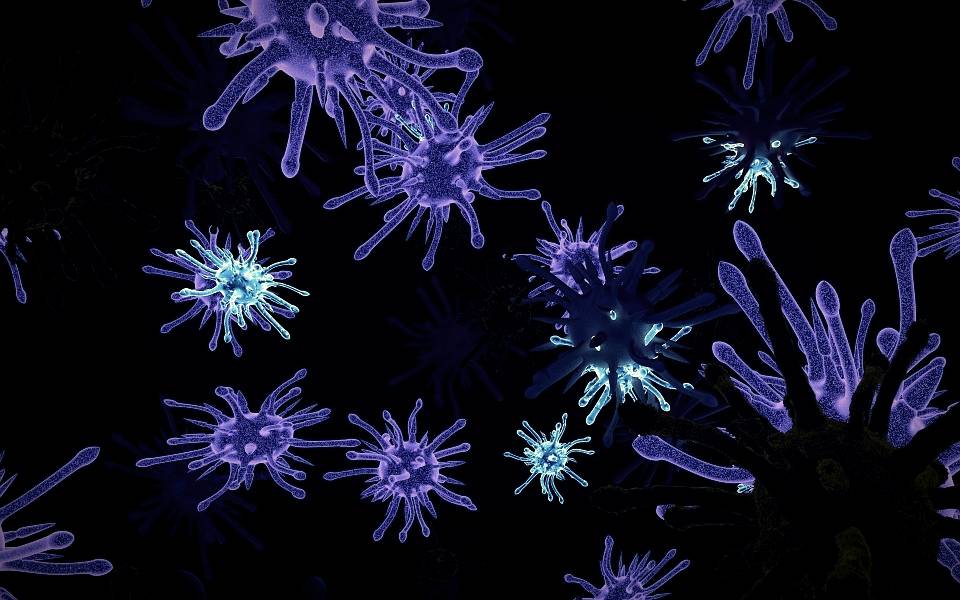US Coronavirus Vaccine Clinical Trial Begins: First Volunteers Feel Good

Since the outbreak of new coronavirus pneumonia, many people have wondered how long this virus can survive after leaving the human body. Detecting this problem is also an important factor in preventing its spread.
The U.S. tests new Coronavirus vaccine: starts recruiting 45 volunteers for clinical trials. The vaccine is named mRNA-1273 and is a nucleic acid vaccine, Developed by the biotechnology company Moderna
Recently, according to foreign media reports, US officials have said they will begin testing a brand new Coronavirus vaccine on Monday.
The vaccine was developed by the biotechnology company Moderna and was funded by the National Institutes of Health (NIH). The vaccine is named mRNA-1273 and is a nucleic acid vaccine.
Currently, NIH will recruit 45 volunteers to conduct clinical trials at a research institute in Seattle. However, the purpose of the test is to test the safety of the vaccine (even if it has side effects). At this point, the Experiment will not be affected by the virus.
According to foreign media reports, at 8 am local time on March 16, according to local time, the United States vaccinated a new coronavirus vaccine trial.
Jennifer Haller, a 43-year-old woman, became the first vaccine volunteer. He presented his case at the Cesar Research Center in Seattle, USA, saying that regardless of whether the vaccine was effective or not, he was consciously part of the epidemic and felt helpless, and Now take pride in doing something to save lives.
According to Haller, he had applied for the vaccination a few weeks ago and was asked to be on the list of 45 people.
After vaccination, it needs to track and record its temperature and any adverse reactions and report it on time. The second vaccine is expected to be given four weeks later, and the entire study period will take 14 months.
The data show that the vaccine is a nucleic acid vaccine, also known as a genetic vaccine. The Vaccine refers to the plasmid vector sequence that contains the intracellular protein gene sequence, which contains intramuscular injection or micro-projectile bombardment, and the expression of the antigenic protein by host cells. Host cells are stimulated to produce immune responses to the antigenic protein for the prevention and treatment of diseases.
There are currently dozens of research groups in the world developing vaccines simultaneously. These groups use different technologies to produce different types of vaccines. Some researchers are also developing temporary vaccines that can protect health in 1-2 months.
However, it should be noted that even with the fastest research speed. It takes 1 to 1.5 years to successfully develop this vaccine, so everyone should wait patiently.
Also, Read
Many users are embarrassed after updating Windows 10: the computer slows down!






